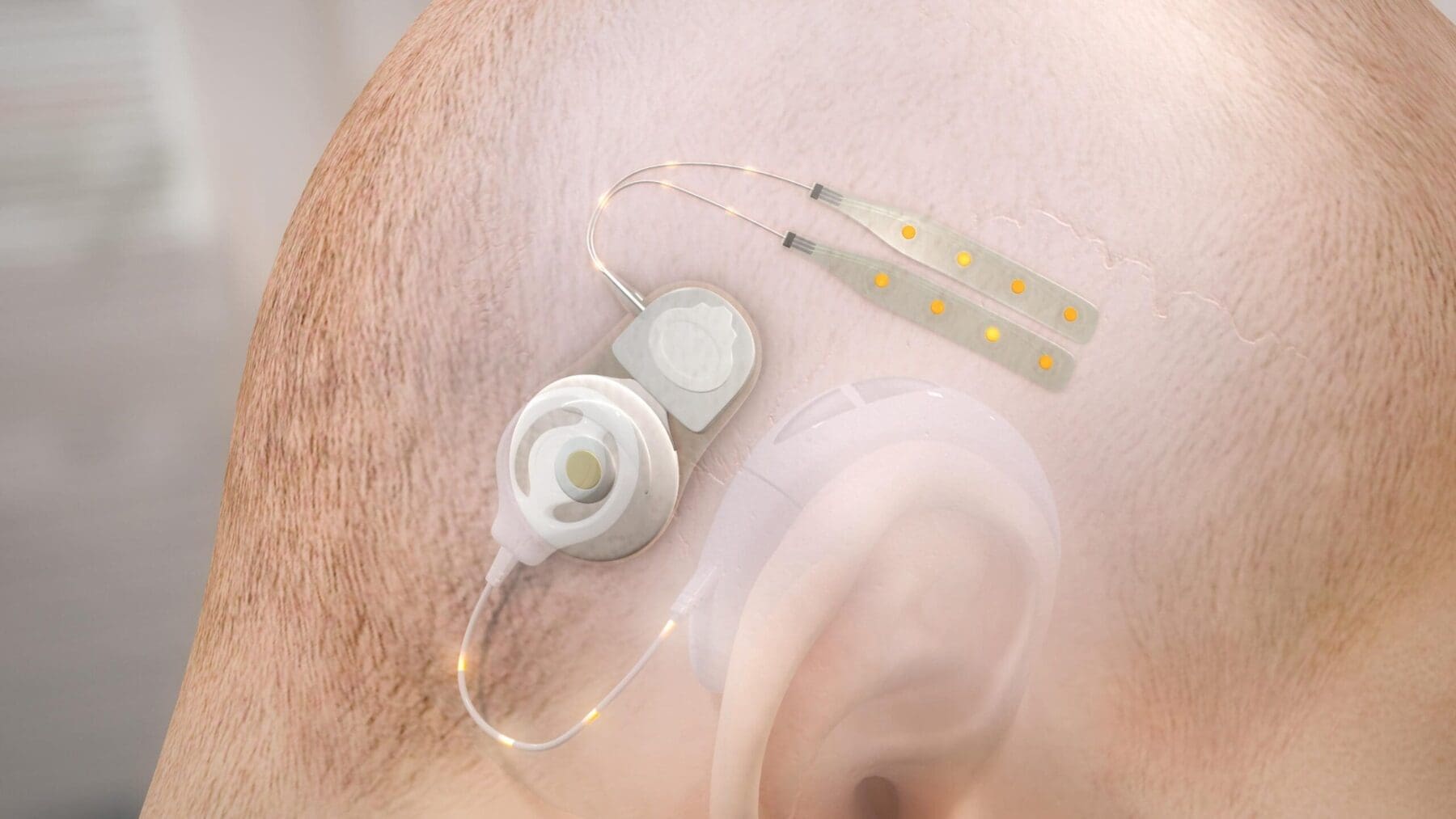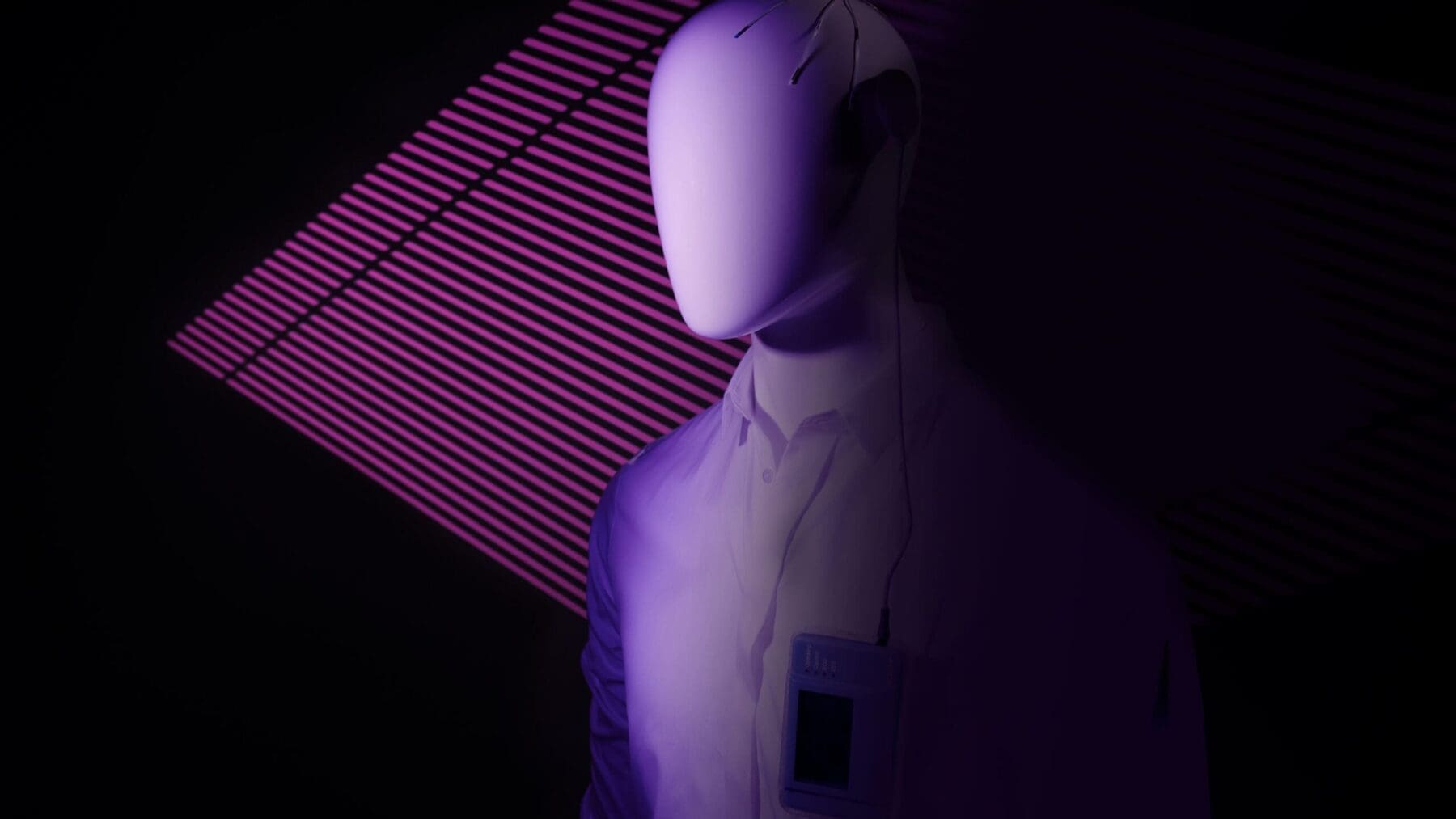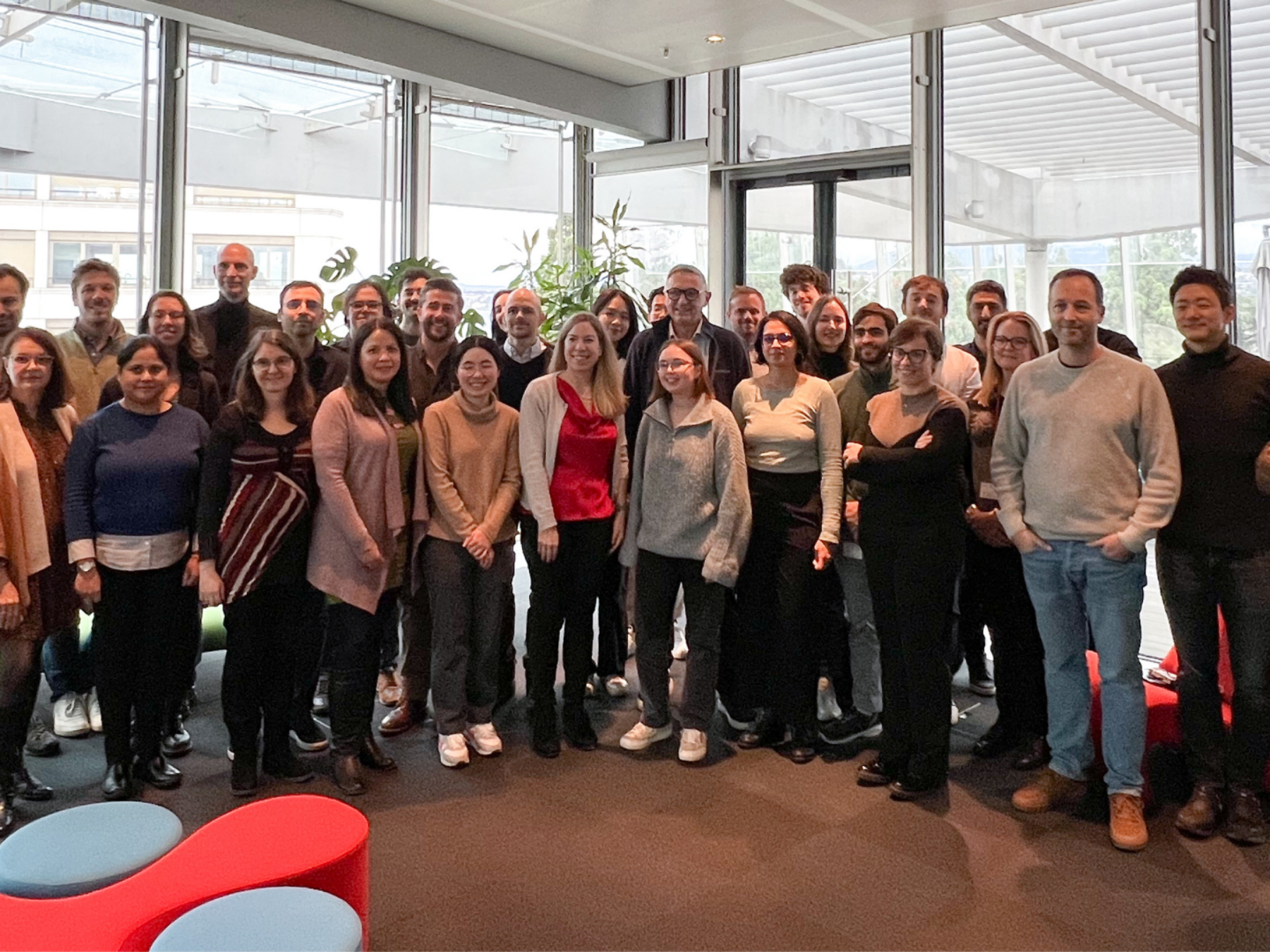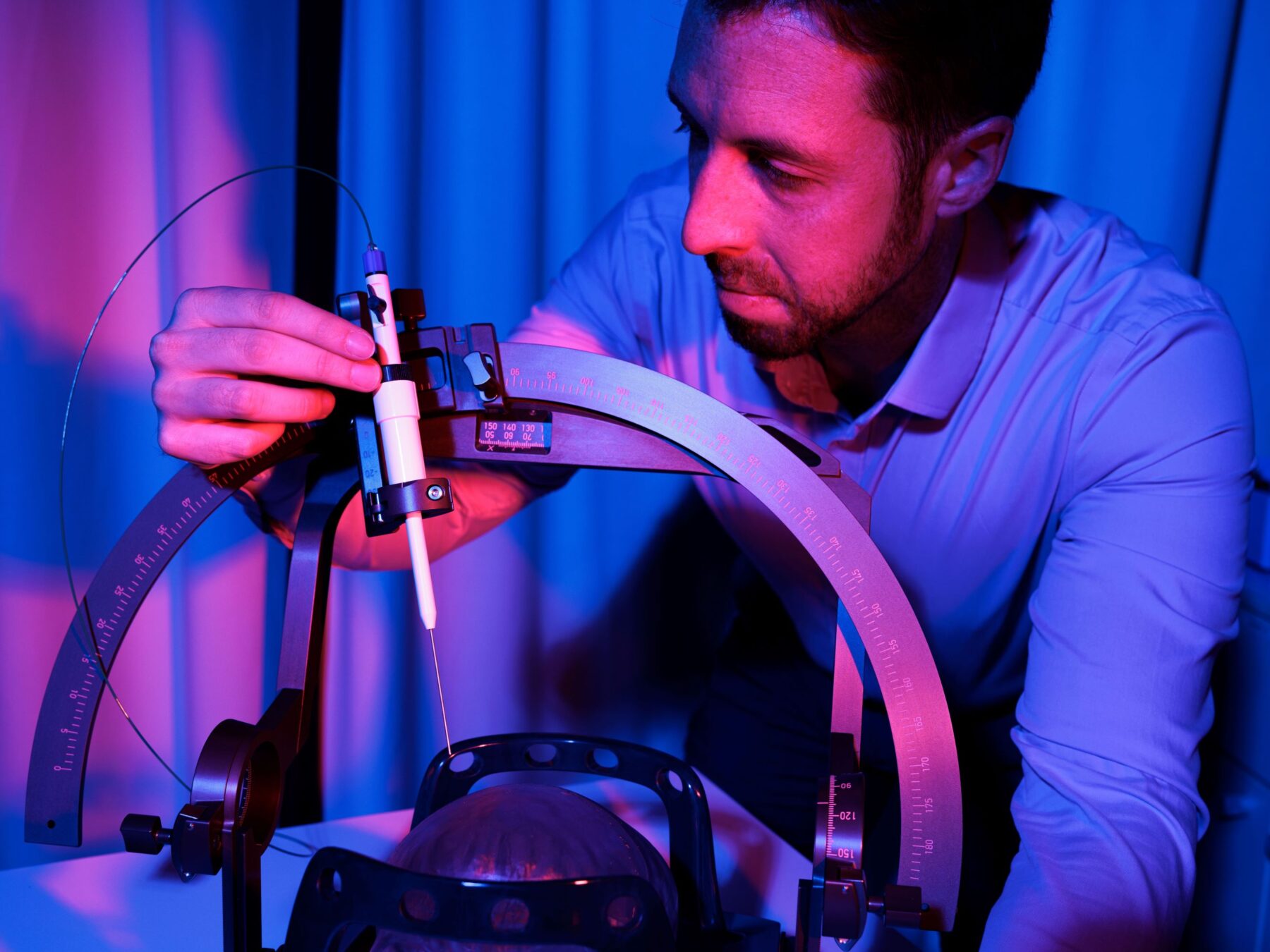18.01.2018
Wyss Center announces collaboration with CorTec

Partnership to advance development of a novel, minimally invasive brain monitoring and stimulation device.
The Wyss Center, a non-profit neurotechnology translation organization, has signed a partnership agreement with German medical engineering company, CorTec.
The partners will work together on research, design and development of a device for continuous, long-term, monitoring of the brain’s electrophysiological signals for clinical diagnostic and therapeutic applications. The planned device will sit on the skull, beneath the skin and has potential uses in epilepsy monitoring, tinnitus regulation through neurofeedback, neuromodulation for dyslexia and other brain circuit disorders.
The terms of the agreement include the fabrication of novel subcutaneous brain stimulation and monitoring electrodes. The collaboration provides the Wyss Center with exclusive access to novel technology from CorTec for subcutaneous neuromodulation solutions in many promising new applications.
Suitable for long-term implantation, the CorTec Brain Interchange system is an implantable brain stimulation and recording device that allows for chronic closed loop interaction with the brain. The multi-channel system consists of an implanted unit comprising neural electrodes and an electronic unit which both digitizes neural signals and sends stimulation impulses to the neural tissue via the electrodes. It communicates wirelessly with a body-external telemetry unit which is also responsible for power supply. The telemetry unit communicates with a computer that controls the application autonomously based on the recorded data and enables a needs-oriented therapy.
Professor John Donoghue, Director of the Wyss Center said: “Our partnership with CorTec could result in far reaching benefits for many neurotech device development projects underway today. CorTec’s existing technologies, along with their enthusiastic approach to research and innovation, makes them an ideal partner for the Wyss Center. We are looking forward to working together to help people with nervous system disorders regain their independence.”
“At the Wyss Center we are developing a minimally invasive device for the chronic recording of global brain signals. The system will also be capable of electrical stimulation, for diagnostic and therapeutic applications.” said George Kouvas, Programme Manager. “The collaboration with CorTec will accelerate this development and enable us to progress to clinical trials more quickly for the benefit of people with brain circuit disorders.”
“In a very short time the Wyss Center has built impressive facilities and a highly skilled team heading with verve for innovative personalized neurotherapies. We are looking forward to working with John Donoghue and the people at the Wyss Center to realize novel therapies,” commented CorTec CEO Joern Rickert, Ph.D., on the collaboration.
Martin Schuettler, Ph.D., CTO and CEO at CorTec added: “Until now many innovative therapy approaches could not be developed because suitable technology was lacking. Together with the Wyss Center we can close this gap based on our Brain Interchange system while at the same time pushing the boundaries of our current technology by exploring new methods and materials.”
Further development and optimization of existing minimally invasive long-term monitoring devices has the potential to accelerate multiple neurotechnology applications and could revolutionize the diagnosis and treatment of neurodisorders.

Artist’s impression of the minimally invasive system. The electrodes sit on the skull, beneath the skin. A communication unit wirelessly transfers the signals to an external device. Different generations of the device have potential applications in epilepsy monitoring, tinnitus regulation and alleviation of dyslexia.


